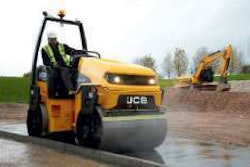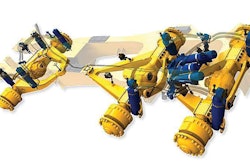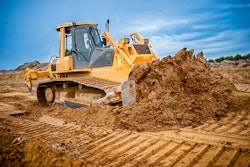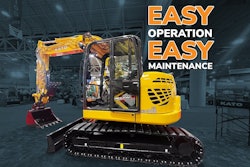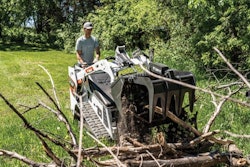Prepare not to be shocked
Use common sense when working around electrical hazards
By Amy Materson
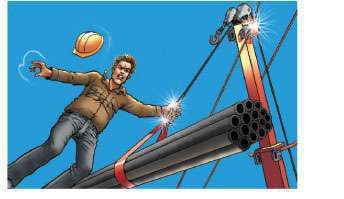
The bottom line: A post-accident investigation determined the contractor failed to determine if any part of the crane could get closer than 20 feet to the overhead energized power line, as well as other safety violations.
Don’t be a victim
Burns are the most common shock-related injury. The human body is an efficient conductor of electricity, allowing electricity to flow between parts of the body, or through the body to a ground or the earth, causing severe injury or death by electrocution. Most accidents result from unsafe equipment or installation, a hazardous environment or unsafe work practices. Lower your risk by following safe work practices and use insulation, guarding, grounding and electrical protective devices. For detailed information on the types of insulation and protection you should use, visit osha.gov/Publications/3075.html. Also, always follow these general guidelines:
• Assume that all overhead wires are energized at lethal voltages. Never assume that a wire is safe to touch even if it is down or appears to be insulated.
• Never touch a fallen overhead power line. Call the electric utility company to report fallen electrical lines.
• Stay at least 10 feet away from overhead wires. If working at heights or handling long objects, survey the area before starting work for the presence of overhead wires.
• If an overhead wire falls across your vehicle while you are driving, stay inside the vehicle and continue to drive away from the line. If the engine stalls, do not leave your vehicle. Warn people not to touch the vehicle or the wire. Call or ask someone to call the local electric utility company and emergency services.
• If contact is made with an energized power line while you are in the cab, remain calm and do not get out unless the equipment is on fire. If possible, call for help.
• If you must exit any equipment because of fire or other safety reasons, try to jump completely clear, making sure that you do not touch the equipment and the ground at the same time. Land with both feet together and shuffle away in small steps to minimize the path of electric current and avoid electrical shock. Be careful to maintain your balance.
• Never operate electrical equipment while you are standing in water.
• Never repair electrical cords or equipment unless qualified and authorized.
• Have a qualified electrician inspect electrical equipment that has gotten wet before energizing it.
• If working in damp locations, inspect electric cords and equipment to ensure that they are in good condition and free of defects, and use a ground-fault circuit interrupter (GFCI).
• Always use caution when working near electricity.




